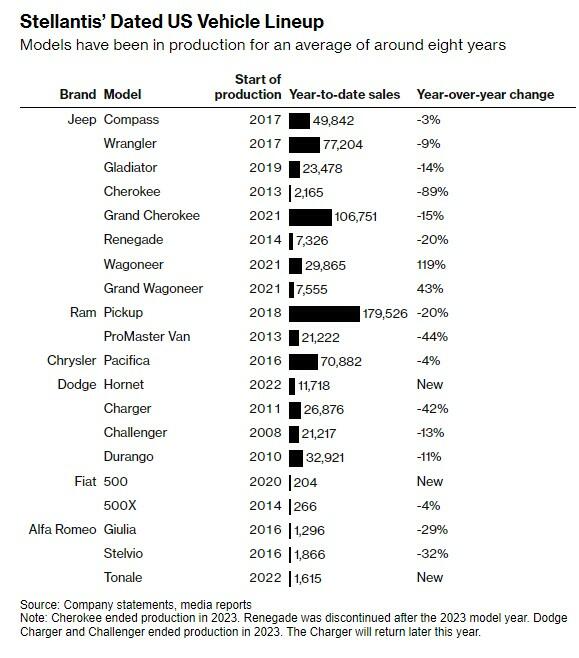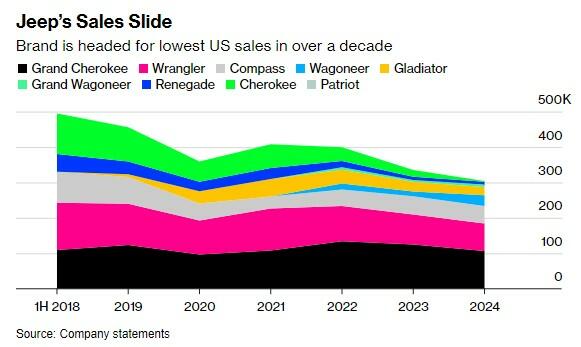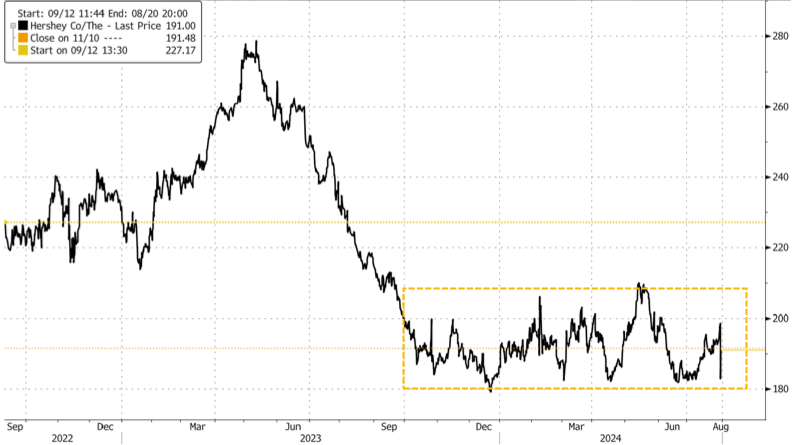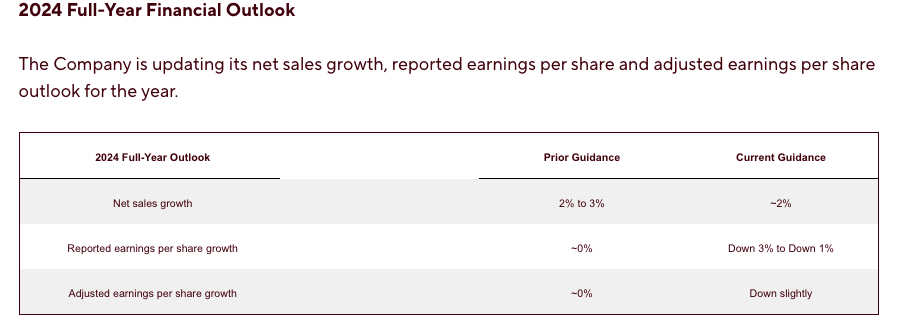Regular aspirin use was associated with a reduced risk of colorectal cancer (CRC) among individuals with less healthy lifestyles, according to results from a prospective cohort study.
Among healthcare workers with the unhealthiest lifestyle scores, the 10-year cumulative incidence of CRC was 2.12% for regular aspirin users versus 3.40% for non-regular aspirin users, for an absolute risk reduction (ARR) of 1.28%, reported Andrew T. Chan, MD, MPH, of Massachusetts General Hospital and Harvard Medical School in Boston, and colleagues.
In contrast, those with the healthiest lifestyle scores had a 10-year cumulative incidence of CRC of 1.50% with regular aspirin use and 1.62% for non-regular use, for an ARR of 0.11%, they wrote in JAMA Oncology.
Thus, Chan and team calculated that 78 patients would need to be treated with aspirin to prevent one case of CRC over a 10-year period in the unhealthiest group, compared with 909 patients to prevent one case for the healthiest group.
"These results support the use of lifestyle risk factors to identify individuals who may have a more favorable risk-benefit profile for cancer prevention with aspirin," Chan and colleagues noted.
In 2016, the U.S. Preventive Services Task Force (USPSTF) recommended the use of low-dose aspirin for the prevention of CRC in adults ages 50 to 59. However, in 2022, the USPSTF changed course, omitting recommendations on the use of aspirin to prevent CRC, concluding that "the evidence is inadequate that low-dose aspirin use reduces CRC incidence or mortality."
"Consequently, identifying individuals who are more likely to benefit from aspirin is a priority," Chan and colleagues wrote.
This study included women in the Nurses' Health Study (1980-2018) and men in the Health Professionals Follow-Up Study (1986-2018), for a total of 107,655 participants. Mean age at baseline was 49.4 years, and the majority were white (95-97%). Of the participants, 16-17% had a family history of CRC.
A healthy lifestyle score was calculated based on BMI, alcohol intake, physical activity, diet, and smoking, with scores ranging from 0 to 5 (higher values indicated a healthier lifestyle). Regular aspirin use was defined as two or more standard tablets (325 mg) per week or six or more low-dose (81 mg) tablets per week.
During 3,038,215 person-years of follow-up, 2,544 incident cases of CRC were documented in the entire study cohort.
In the full study cohort, the 10-year cumulative CRC incidence was 1.98% among participants who regularly used aspirin compared with 2.95% among those who did not regularly use aspirin, for an ARR of 0.97%.
The multivariable-adjusted 20-year cumulative incidence of CRC among regular aspirin users was 4.05% compared with 5.56% for non-regular users, for an ARR of 1.51%.
When looking at the individual components of the healthy lifestyle score, the greatest differences in ARR with regular aspirin use versus non-regular use were seen among those with a higher BMI and smoking.
For example, the ARR was 1.19% among individuals with a BMI >25 compared with 0.56% for those with a BMI ≤25, and the ARR was 1.20% for moderate/heavy smokers versus 0.75% for never/minimal smokers.
Chan and colleagues acknowledged several limitations to their study, including the fact that the study population consisted of predominantly white healthcare professionals.
"Given that healthcare professionals observe a healthier lifestyle, we may have underestimated the outcomes associated with lifestyle factors," they wrote.
Disclosures
This study was supported by grants for the Nurses' Health Study and the Health Professionals Follow-Up Study, as well as the American Gastroenterological Association, the MGH Claflin Distinguished Scholar Award, the American Cancer Society, the Crohn's and Colitis Foundation Career Development Award, and the MGH/Tianqiao and Chrissy Chen Institute Transformative Scholars Award.
Chan reported receiving personal fees from Boehringer Ingelheim, Pfizer, and Freenome.
Primary Source
JAMA Oncology
Source Reference: Sikavi DR, et al "Aspirin use and incidence of colorectal cancer according to lifestyle risk" JAMA Oncol 2024; DOI: 10.1001/jamaoncol.2024.2503.
https://www.medpagetoday.com/gastroenterology/coloncancer/111328



